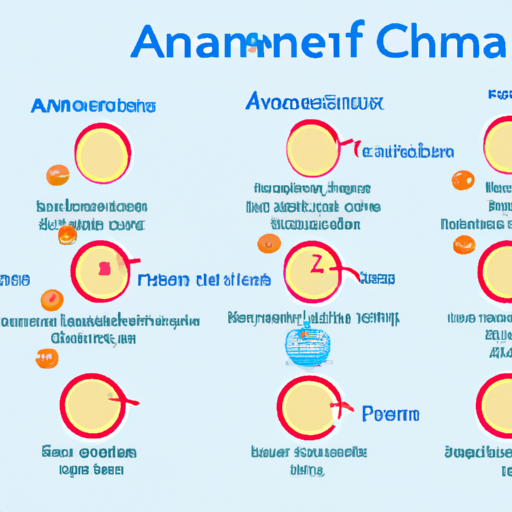Uncategorized
Symptoms, Causes, and Treatment of Inflammation-Induced Anemia
Anemia of Inflammation: Symptoms, Causes, and Treatment
Anemia is a condition that causes low red blood cell levels. Red blood cells are necessary for transporting oxygen to your body’s cells. Anemia of inflammation is a type of anemia associated with inflammation. Your body mounts an inflammatory response to protect itself from substances perceived as harmful, such as bacteria or irritants. When this happens, your organs and tissues have more difficulty getting oxygen. As a result, you may experience fatigue, weakness, and shortness of breath.
Participate in Clinical Trials for Anemia
Have you considered clinical trials for Anemia? We make it easy for you to participate in a clinical trial for Anemia, and get access to the latest treatments not yet widely available – and be a part of finding a cure.
What is Anemia of Inflammation?
Anemia is a blood disorder where you have a reduced number of red blood cells and hemoglobin in your body. Hemoglobin is a protein responsible for taking oxygen from your lungs to cells throughout the body. Lower-than-normal levels can produce concerning symptoms. Your body needs hemoglobin to function correctly, and your body may not get adequate oxygen with fewer red blood cells and less hemoglobin.
Anemia of inflammation, also called anemia of chronic disease or ACD, is a form of anemia that affects people with conditions that cause inflammation. These conditions include infections, autoimmune diseases, cancer, or chronic kidney disease. If you have anemia of inflammation, you may have a normal or even increased amount of iron stored in your body tissues but low levels of iron in your blood. Inflammation may prevent the body from using stored iron and making enough healthy red blood cells, causing anemia.
Symptoms of Anemia of Inflammation
Symptoms vary depending on how quickly your hemoglobin levels decrease and on the underlying cause. Anemia of inflammation usually develops slowly, causing vague symptoms like tiredness, weakness, shortness of breath, and headaches. Many people don’t notice any symptoms and only experience symptoms of the underlying condition causing anemia. When anemia is acute, symptoms may include confusion, feeling faint, loss of consciousness, and increased thirst.
Symptoms of anemia of inflammation are similar to any form of anemia and include:
- Rapid heartbeat
- Body aches
- Fainting, dizziness, or lightheadedness
- Feeling tired or weak
- Becoming tired from physical activity quickly
- Pale skin
- Shortness of breath
Causes of Anemia of Inflammation
Medical experts believe anemia of inflammation occurs when an infection or disease causes inflammation, affecting your immune system and changing how your body works. These changes may mean:
- Your body destroys your red blood cells prematurely, causing them to die before it can replace them.
- Your body is not storing and using iron normally.
- Your kidneys produce less erythropoietin, the hormone that signals the bone marrow to produce more red blood cells.
- Your bone marrow may not respond to erythropoietin as it should, making fewer red blood cells than you need.
Many chronic conditions can cause inflammation that leads to anemia, including:
- Rheumatoid arthritis, lupus, or other autoimmune diseases
- Cancer
- HIV/AIDS, tuberculosis, or other chronic infections
- Chronic kidney disease (CKD)
- Inflammatory bowel diseases, such as ulcerative colitis and Crohn’s disease
- Other chronic conditions that involve inflammation, such as diabetes and heart failure
Treatment for Anemia of Inflammation
The first step to treating anemia of inflammation is to treat the underlying condition causing the inflammation. If a treatment can reduce the inflammation, it may improve the anemia or cause it to go away completely. For instance, if the inflammation is due to rheumatoid arthritis, taking medications to treat the inflammation may improve the anemia.
A physician may prescribe erythropoiesis-stimulating agents (ESAs) or darbepoetin alfa to treat anemia related to chronic kidney disease, chemotherapy treatments, or HIV

 Skip to content
Skip to content


